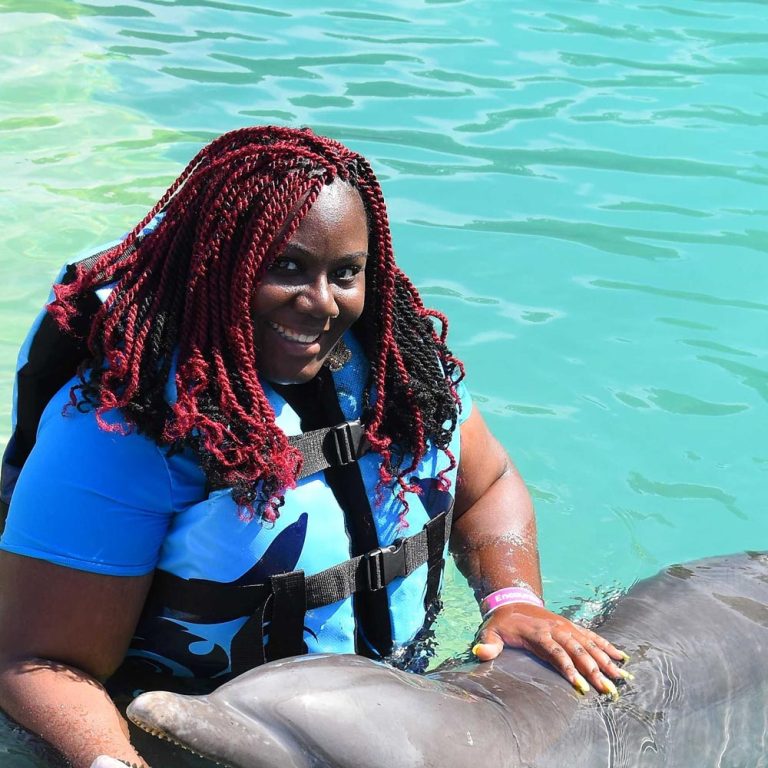Patient-To-Patient Guide: Cancer Clinical Trial Advice
For some people living with cancer and their caregivers, exploring clinical trials can feel like navigating uncharted territory. Yet, within the experiences of those who have walked this path lies invaluable wisdom and insight. George, Daphne and Quanisha have generously shared their experiences as cancer clinical trial participants, offering insights and advice for those considering this treatment option. Their voices serve as guiding lights, illuminating the importance of courage, advocacy and informed decision-making while searching for the right cancer treatment option for you. 
George’s Advice
“You got to be willing to step up and not be an introvert and come out of your comfort zone; you got to ask questions,” said George, a prostate cancer clinical trial participant. “If you’re on the fence, you know, obviously do your research, do your pros and cons.”
“Wholeheartedly think of yourself helping a fellow human being, you know,” said George. “Think that if this works, it’s going to be great for you, and it’s going to be something that you pass on and help other people.” 
Daphne's Advice
“Convenience because if you’re going to do something that isn’t mandatory, it has to be somewhat convenient for you,” said Daphne, a former breast cancer clinical trial participant. “So what supports are available that would allow it to be convenient for you?”
“There are people out there that want to be there for you,” said Daphne. “Someone that has gone through a similar battle as you can understand things in a way that other people can’t and they’re great.” 
Quanisha’s Advice
“Speaking for what you want and what you need, and everything is very important because that’s the most control you have,” said Quanisha, a current thyroid cancer clinical trial participant. “I feel like with that control, it helps me keep some type of balance. I don’t feel like my life is just in shambles.”
“It’s very important for me to advocate for myself, and I don’t let anybody else advocate for me unless I really can’t do it for myself,” said Quanisha. “Even then, I’m going to give you the point as to how to advocate for me because advocating is all I have right now as far as control. So that’s not negotiable.”
“Do your research and follow, follow your heart,” said Quanisha. “Basically, don’t just let people talk you into something that you’re not all the way 100%. Because at the end of the day, it’s your body.”
“If you know that the clinical trial might stop you from being fertile or stop you from being a parent, freeze your eggs first,” said Quanisha. “Make sure you have all your ducks in a row before you join so you won’t have no regrets.”
As you contemplate the possibility of enrolling in a cancer clinical trial, let the words of George, Daphne and Quanisha be a source of support. Their stories speak to the significance of stepping out of your comfort zone, seeking support and advocating for yourself throughout this challenging journey.
This blog post was originally published on myTRIAList.org, available here.
